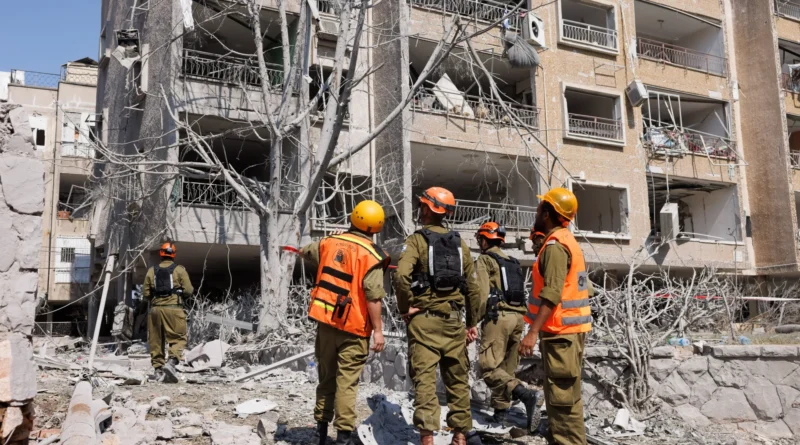Stumbling Blocks in U.S.-Iran Nuclear Dialogue Identified by Iranian Official
According to a top Iranian official, it’s not that a potential path to nuclear dialogue between Iran and the United States is non-existent, but it faces significant barriers due to American insistence on restraining Iran’s missile capabilities. This observation was made during a recent statement on Tuesday.
It was noted that the sixth series of discourses between Iran and the U.S. was temporarily put on hold in light of a conflict that broke out in June lasting 12 days. During this violent exchange, the U.S. alongside Israel launched attacks on Iranian nuclear sites. In response, Iran discharged a barrage of ballistic missiles aimed at Israel.
The Iranian official commented on the matter, making it clear that they are not against the idea of reasonable negotiations. However, he pointed out that by setting non-viable preconditions like missile restrictions, the U.S. is essentially setting the stage for futile negotiations.
The high-ranking official, who heads the Supreme National Security Council of Iran, released these comments in the course of a post. In his statement, he touched on the concerns by Western countries that Iran’s ongoing uranium enrichment programme may result in the production of material viable for a nuclear warhead.
This apprehension is further exacerbated by the thought that Iran could potentially be seeking to create a ballistic missile that can transport such a warhead. Nonetheless, Iran maintains an adamant stand that the nuclear programme is solely for peaceful purposes, emphasizing that they’re enriching uranium to be used as fuel for these non-violent applications.
Iran has persistently refuted accusations of it intending to develop missiles that can support nuclear payloads. It asserts that its defence capabilities should not be part of any negotiation concerning its nuclear programme.
Recently, a significant development took place. The trio of France, Germany, and Britain initiated a ‘snapback mechanism’. This mechanism could potentially lead to the reinstatement of U.N. sanctions previously imposed on Tehran due to concerns about its nuclear agenda. This development formed a major part of the discussion among the officials.
The aforementioned group of countries, collectively referred to as the E3, has been actively advocating for Iran to take a seat at the nuclear negotiation table with the U.S. They propose that among other prerequisites, being open to such negotiation could possibly lead to a deferral in the enforcement of the snapback sanctions by up to six months.

